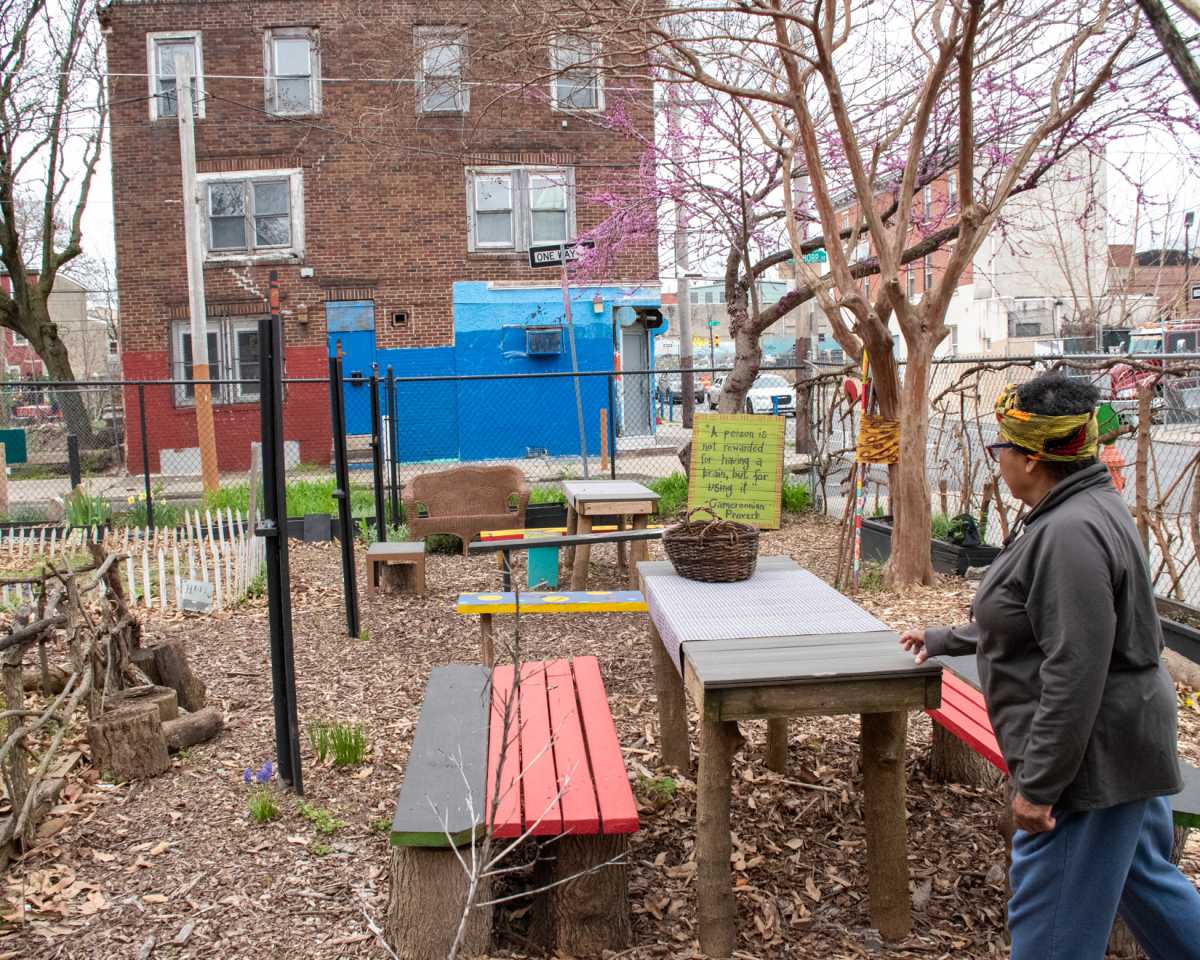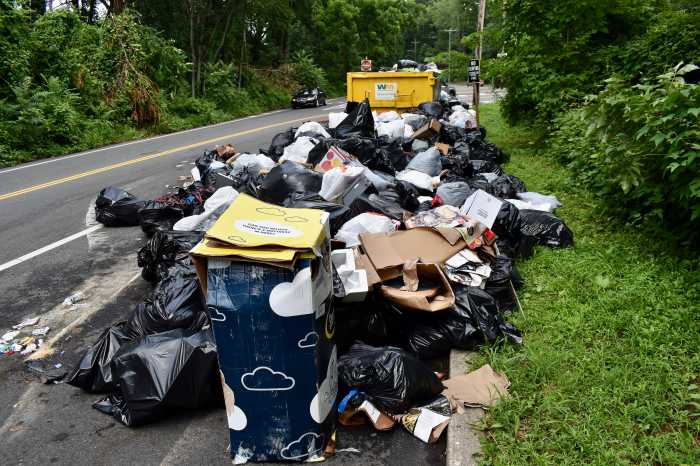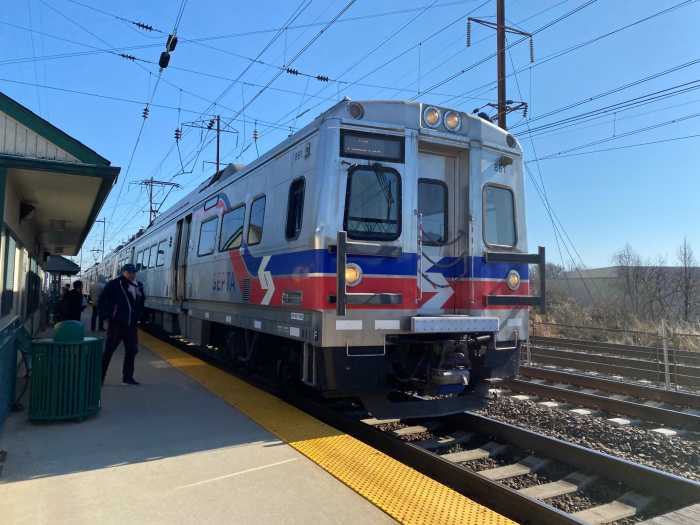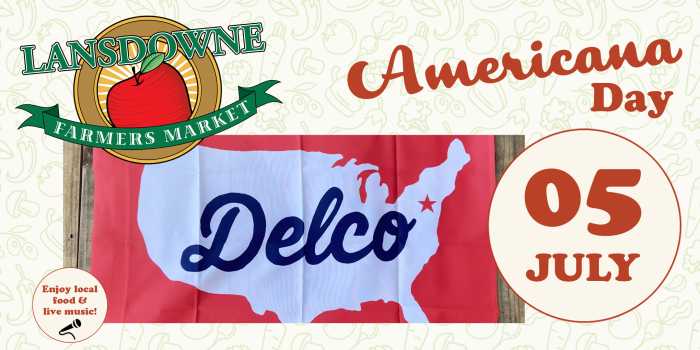Community gardens foster a space for a sense of belonging.
This is especially true for certain groups of the Latine community, particularly for undocumented immigrants. Philadelphia has had a long history of community gardens, creating a melting pot for those with and without citizenship — the city has become a sanctuary for the Latine population who have since founded communities across the city.
But exactly how accessible are community gardens to the Latine population? In this four-part series, Metro Philadelphia and 2PuntosPodcast investigate.
Space to grow
Ecological citizenship refers to the relationships shared by people occupying the same ecological space as well as the fostering of a community of strangers. People coming from Latine countries to the city often come from areas of rural landscape and are used to growing and maintaining their own food sources.
Community gardens also serve as a solution for those on a budget. They are an opportunity to cut costs by growing produce, but also the space allows people to get back in touch with the roots of their culture.
As a territory of the United States, Puerto Rican residents receive some, but not all the same rights as Americans. Yet many who are here can relate to longing for a connection and bridge between their ethnic and cultural origins and where they reside today.
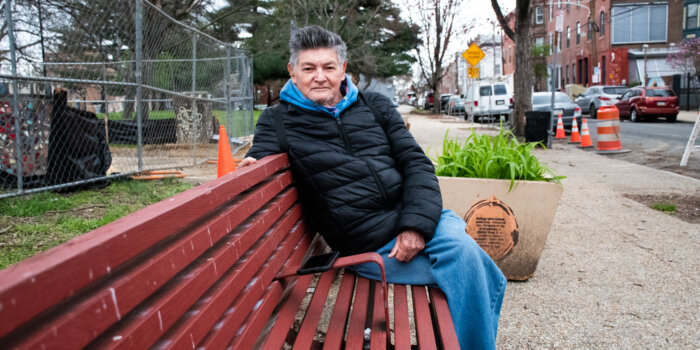
Angel Rosado, a garden team member at Norris Square Neighborhood Project (NSNP) who originally hails from Puerto Rico, knows that for individuals like those coming from rural areas, community gardens are a lifeline.
“Because in order to do their cultivation, they must bring their customs and traditions along with them,” he said. “And if they come here and do not have that opportunity to sow, then they will feel beaten, they will feel stressed. Especially in a city and especially if they have never lived in one.”
Ecological citizenship
A recent study conducted in Chicago highlights the benefits that go along with growing your groceries using home gardening programs.
Research shows that growing your own produce is healthier and more cost-effective, especially in a city like Philadelphia where food deserts are abundant. For those moving into cities from rural areas, the contrasting lack of gardening opportunities leaves migrants little choice but to purchase goods that they would otherwise grow themselves.
Many believe ecological citizenship is a right to all people, regardless of citizenship documentation. Iris Brown, a contributing member of NSNP, still cares deeply for her Villa Africana Colobó Garden. The project serves as a demonstration garden incorporating plants from West Africa and the Caribbean in different sections of the plot.
When asked if she would consider her garden cultural or agricultural, her answer was simple:
“Look around,” she said.”What do you think?”
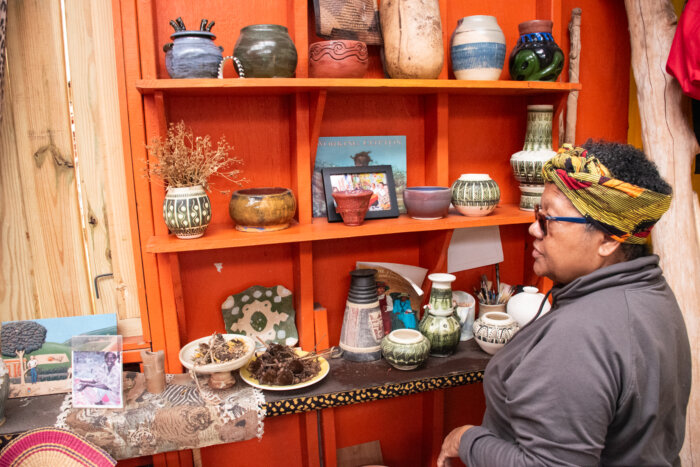
But are there opportunities in Philadelphia for those hailing from various Latine cultures to continue to acknowledge two places called home? Furthermore, if those spaces exist, are they known and widely accessible to those in the community who would benefit most from it?
Plot to plant
Some of the six NSNP community gardens sell what they harvest at local farm stands, some of which have culturally responsive foods for Latine communities—peppers, onions, garlic, tomato, cilantro, and aji dulces, just to name a few of the produce. Another garden, RaÍces, has a youth produce stand on Saturdays which includes garlic and shallots.
NSNP’s gem, Las Parcelas Garden, consists of 30 raised beds available for plotting to members only. To become a member, one must fill out an application and pay the $40 annual fee, which includes water and dirt on site. The waitlist for a plot currently has five contenders in order of first come-first serve, but Executive Director of NSNP, Teresa Elliott said that there were at one time, “…seven people on the list for three years. Since then, we added more raised beds to meet demand.” At Las Parcelas it is a grow-what-you-want system, when-you-want, in your own planting bed.
Entry to the gardens is prohibited by the high fencing funded by City Hall and locks, due to the persistence of attempted vandalism. Members must access their plots by lock and key.
Those interested in participating have expresses lack of awareness as to when, where and how the accessibility of these six Latine-based projects work. For additional information, visit myneighborhoodproject.org
More and more communities across Philadelphia are calling for accessible Latine community gardens to get their naturally green thumbs dirty.

Metro Philadelphia is one of more than 25 news organizations powering the Philadelphia Journalism Collaborative. We do solutions reporting on things that affect daily life in our city where the problem and symptoms are obvious, but what’s driving them isn’t. Follow us at @PHLJournoCollab



